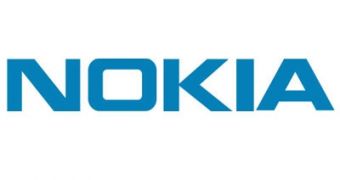At Nokia Connection 2011, Nokia CEO Stephen Elop presented to the audience the company's first Windows Phone-based mobile phone, and also unveiled a series of details on the option to go for Microsoft's platform instead of choosing another mobile OS.
According to Elop, the potential that Windows Phone has is great, and it can easily maintain Nokia on the leading position on the smartphone market.
Analysts predict that the platform will grow significantly during the next few years, and the first signs of growth are already visible, starting with the number of applications available for download for the platform.
Moreover, unlike Android, Windows Phone allows for increased differentiation from other mobile phones and other handset vendors, Nokia claims.
Moreover, the company feels that Windows Phone enables it to innovate faster than Google's Android operating system would allow.
“Differentiation is a function of the rate at which you can innovate on the platform and we believe fundamentally we can do that more aggressively with Windows Phone,” Stephen Elop said, according to The Australian.
“What we have done very clearly is made a contractual commitment to Microsoft to do our best work for Microsoft. That is our unique focus for our smartphone strategy as we transition from Symbian.”
However, it seems that the deal between Nokia and Microsoft might not be an exclusive one, and that Nokia could chose to launch handsets running under different OSes as well.
Previously this week, Nokia announced the release of their first MeeGo-based mobile phone, the Nokia N9, an all-touch handset that will certainly appeal a lot to enthusiasts when released on shelves later this year.
Not to mention that they will still release a series of Symbian-based handsets in the near future, with 10 such phones already promised for the next 12 months.
However, starting with next year, when it will begin volume shipping Windows Phone devices, Nokia will focus mainly on the development of handsets running under Microsoft's OS.

 14 DAY TRIAL //
14 DAY TRIAL //